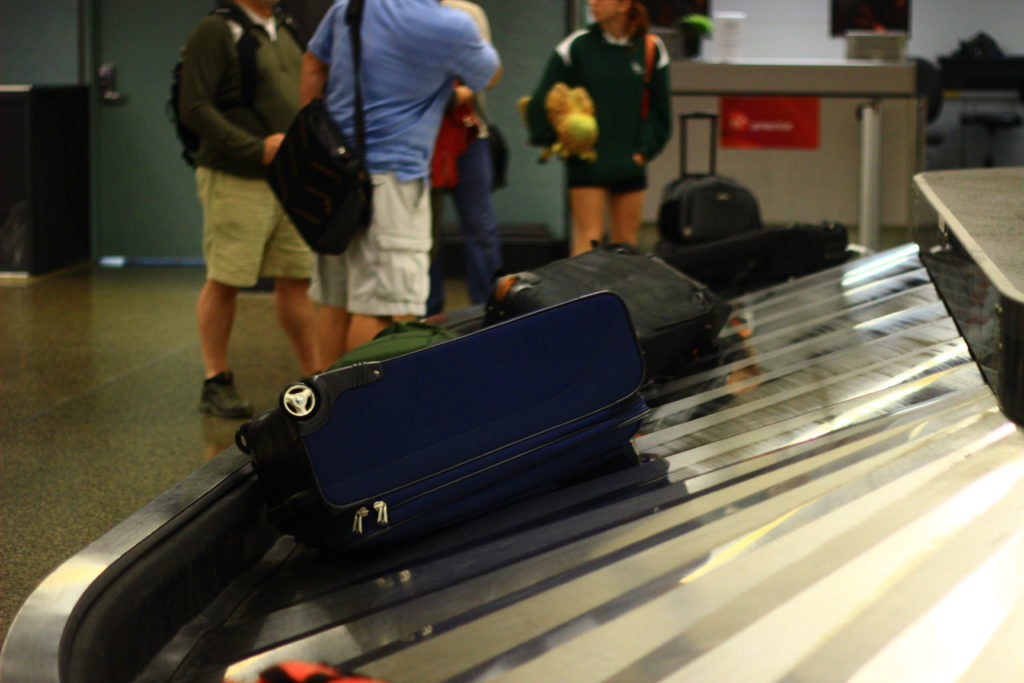In October of last year, the Department of Transportation under the Obama administration unveiled a proposal meant to protect air travelers. Under the proposed new rules, airlines will have to refund bag fees if bags are “substantially delayed,” and they will also have report statistics on mishandled bags and wheelchairs to the DOT. The same proposal also explored implementing a rule that will require airlines to disclose “all-in” pricing information, and make this information available to third-party agents (like Priceline, Expedia, etc.)
The proposal was put on hold at the start of the Trump administration, with the Executive Order 13771 (Reducing Regulation and Controlling Regulatory Costs) made effective on January 30, 2017. However, on Tuesday, the DOT issued a ruling that they will essentially no longer be exploring the implementation of an “all-in” pricing requirement.
The Department is withdrawing the supplemental notice of proposed rulemaking (SNPRM) on Transparency of Airline Ancillary Service Fees issued on January 9, 2017 (82 FR 7536 et seq.). The SNPRM proposed to require air carriers, foreign air carriers, and ticket agents to clearly disclose to consumers at all points of sale customer-specific fee information, or itinerary-specific information if a customer elects not to provide customer-specific information, for a first checked bag, a second checked bag, and one carry-on bag wherever fare and schedule information is provided to consumers.
It’s worth noting that while the other elements in the original proposal, such as refunding fees on late bags, have been mandated by Congress but not yet issued by the DOT.

Photo by Bradley Gordon, used with permission.
Checked bag fees actually haven’t been around for too long. It was less than 10 years ago—in May 2008—when American became the first US airline to implement fees on checked luggage. Ancillary fees are not subject to the 7.5% Federal excise tax, and they quickly took off, with many airlines following suit. Airlines are currently required to disclose these ancillary fees to customers. However, with the withdrawal of this proposal, they won’t have to disclose that information to third-party sellers and travel agents. This, of course, is done to the airlines’ advantage; since it—at the very least—makes comparison shopping much harder for customers when it comes to airfares.
In a statement to the Associated Press, Airlines for America, the industry trade group, reacted positively to the ruling.
…[the] association praised the administration and Transportation Secretary Elaine Chao for “recognizing that airlines, like all other businesses, need the freedom to determine which third-parties they do business with and how best to market, display and sell their products.”
Travelers United, a consumer advocacy group, issued a statement in opposition of the proposal’s withdrawal. Excerpt below:
Travelers United protests the withdrawal of the notice of proposed rulemaking on Ancillary Airline Passenger Revenues, which was issued in July 2011 by the Department of Transportation (DOT)…
The airline deregulation act specified the DOT as the place where consumers could complain about airline service and seek redress. DOT was given the job of protecting consumers from deceptive and misleading practices by the airlines.
It is one thing to withdraw a rule that may be restrictive, obsolete, or without merit, but the withdrawal of this NPRM is far more than a simple withdrawal. In this case, this DOT action is the abdication of their legal responsibility. It is an end of what for consumers is their only process of adjudication.
By withholding [pricing] information from normal airline ticket sales channels, the airlines are misleading consumers about the true cost of travel.
With bag fees quickly expanding to many markets (just yesterday, Delta started rolling out checked bag fees on certain fares for flights to Europe and North Africa), it’s increasingly important that customers be made aware of the potential fees by which they could get hit, and for them make truly informed decisions. I would argue that information on ancillary fees should be available no matter where the customers buy their tickets. After all, I think it reflects poorly on the airline when a passenger gets to the check-in counter and finds out he or she has to pay $60 to check a bag one-way, regardless of how the ticket was purchased.
The responses below are not provided or commissioned by the bank advertiser. Responses have not been reviewed, approved or otherwise endorsed by the bank advertiser. It is not the bank advertiser's responsibility to ensure all posts and/or questions are answered.
1 comment
[…] They’ve withdrawn the proposed rulemaking. Because it was dumb. (HT: Point Me to the Plane) […]